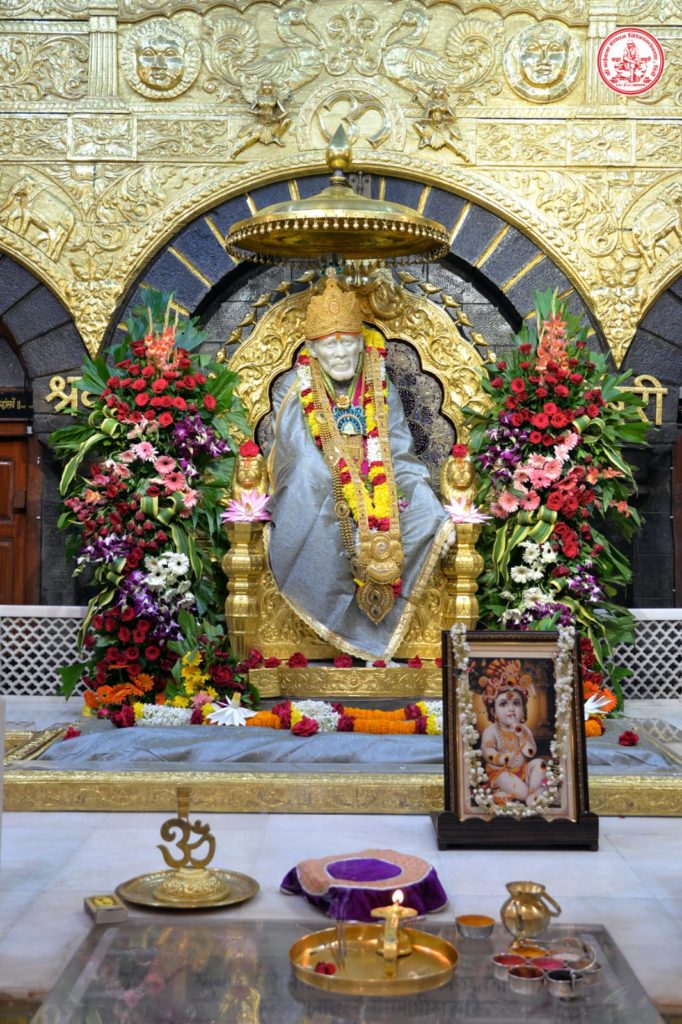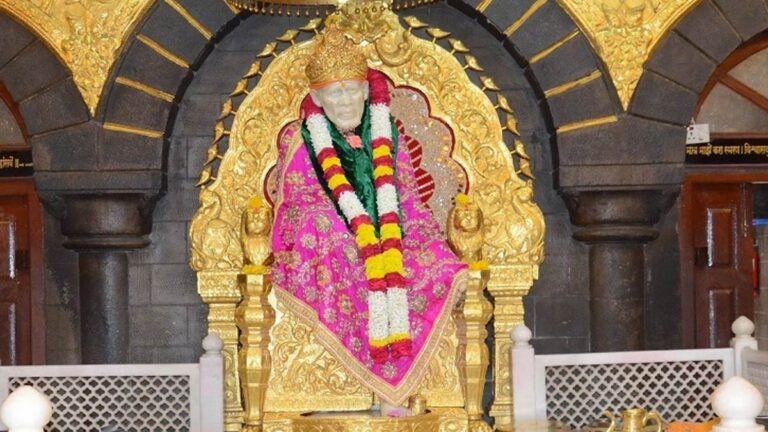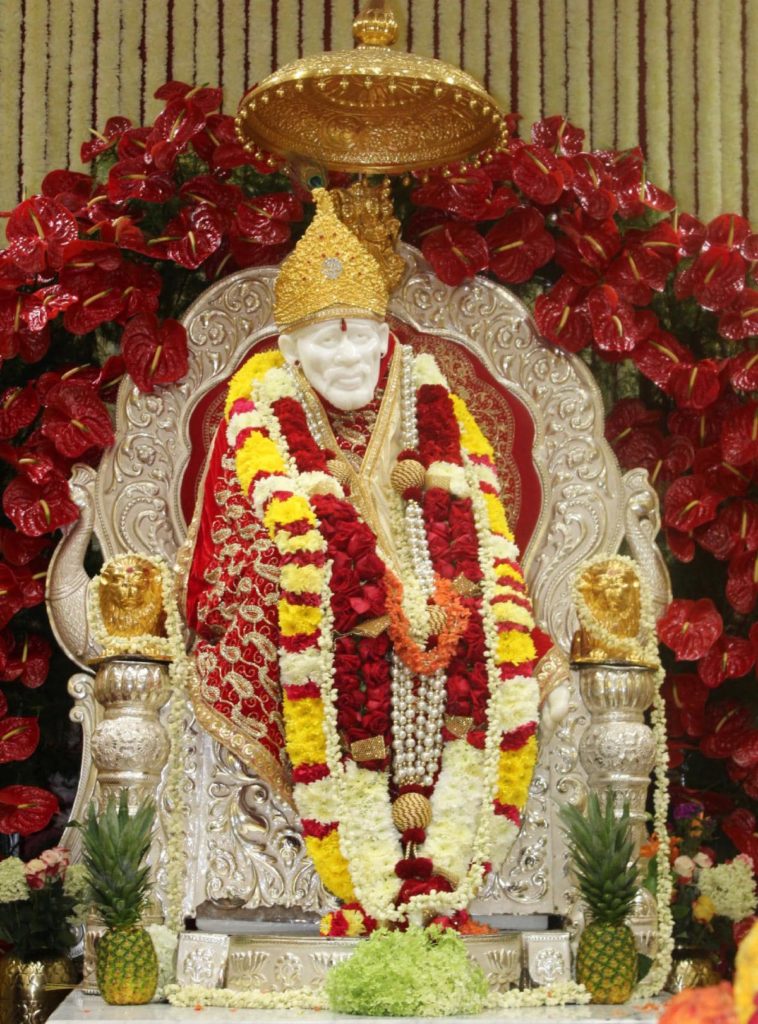Shirdi Sai Baba: Bridging Faiths and Embracing Unity in Diversity
Shirdi Sai Baba, a revered spiritual luminary, stands as a beacon of unity, transcending the confines of any particular religion. His teachings, rich in universal principles, have attracted a diverse following, fostering an environment of harmony and acceptance in the small village of Shirdi, Maharashtra, where he lived during the late 19th and early 20th centuries.
The Inclusivity of Sai Baba’s Teachings
One of the remarkable aspects of Shirdi Sai Baba’s teachings is their inclusivity. Baba’s spiritual guidance transcended religious boundaries, welcoming individuals from various faiths into the fold of his devotees. Hindus, Muslims, Christians, Sikhs, and people of other beliefs found solace in the saint’s universal message of love, compassion, and oneness.
The Universality of Spiritual Principles
Sai Baba’s teachings, rooted in timeless spiritual principles, emphasized the common threads that run through all religions. He often used symbols and parables from different religious traditions to convey his messages, making his teachings accessible and relatable to a wide range of followers. The universality of his message became a unifying force in the spiritual landscape of Shirdi.
The Harmony of the Shirdi Sai Baba Mandir
The Shirdi Sai Baba Mandir, the epicenter of devotion for his followers, reflects the harmonious blending of diverse religious influences. The structure of the temple has a mosque-like appearance, acknowledging both Hindu and Islamic architectural elements. Rituals conducted at the mandir incorporate practices from Hindu and Islamic traditions, creating a space where devotees from different backgrounds come together in a spirit of unity.
Unity in Diversity: Devotees’ Shared Experiences
Devotees of Shirdi Sai Baba often share their experiences of the saint’s blessings cutting across religious lines. Stories abound of individuals from various faiths experiencing miracles, finding answers to their prayers, and feeling the transformative power of Baba’s spiritual presence. These shared experiences further reinforce the notion that Sai Baba’s teachings are universal and all-encompassing.
Sai Baba’s Emphasis on Love and Tolerance
At the core of Shirdi Sai Baba’s teachings is the emphasis on love, tolerance, and the recognition of the divine in all beings. Baba encouraged his followers to see beyond religious differences and treat each other with kindness and compassion. His life exemplified the principles of selfless service, and he often said, “Sabka Malik Ek” (One God governs all).
Pilgrims from Varied Backgrounds
The pilgrimage to Shirdi is a testament to the diverse following of Shirdi Sai Baba. Devotees from different regions, cultures, and religions undertake the journey to seek the saint’s blessings. The pilgrimage experience becomes a celebration of unity in diversity, where people from varied backgrounds come together with a shared reverence for the spiritual luminary.
Conclusion: Shirdi Sai Baba’s Enduring Legacy of Unity
In a world often marked by religious divisions, Shirdi Sai Baba’s teachings continue to serve as a unifying force. The saint’s legacy extends beyond the confines of a particular religion, fostering an atmosphere of love, acceptance, and unity in Shirdi and beyond. As devotees from diverse backgrounds continue to be drawn to the timeless wisdom of Shirdi Sai Baba, his message of oneness resonates as a guiding light for humanity.




